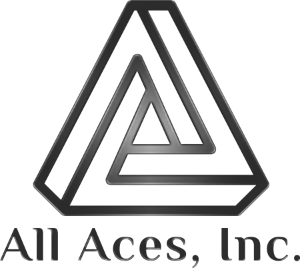What the EEOC Said about the Exxon Mobile Case
According to the EEOC’s lawsuit, a Black employee at ExxonMobil’s chemical plant found a hangman’s noose at his worksite in January 2020. At the time he reported the noose, ExxonMobil was aware that three other nooses had been displayed at the Baton Rouge complex, consisting of the chemical plant and a nearby refinery. The EEOC alleges that ExxonMobil investigated some, but not all, of the prior incidents and failed to take measures reasonably calculated to end the harassment.
“When employers become aware of racially offensive or threatening conduct in the workplace, they have a legal obligation to take prompt, remedial action aimed at stopping it,” said Rudy Sustaita, regional attorney for the EEOC’s Houston District Office.
Michael Kirkland, director of the EEOC’s New Orleans Field Office, added, “Even isolated displays of racially threatening symbols are unacceptable in American workplaces.”


